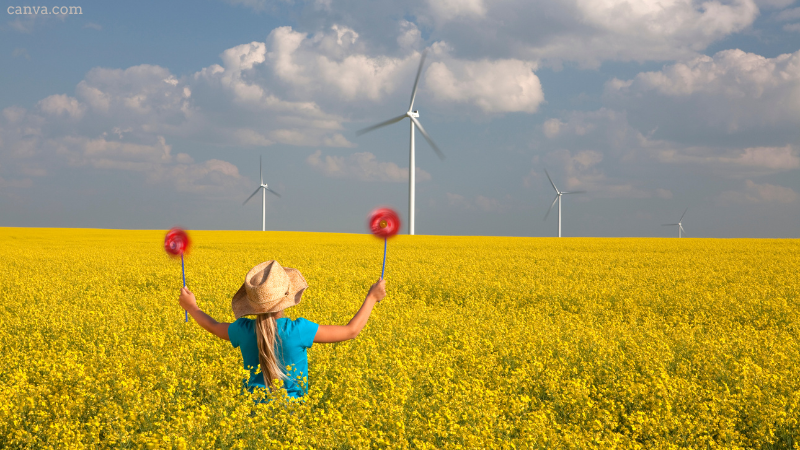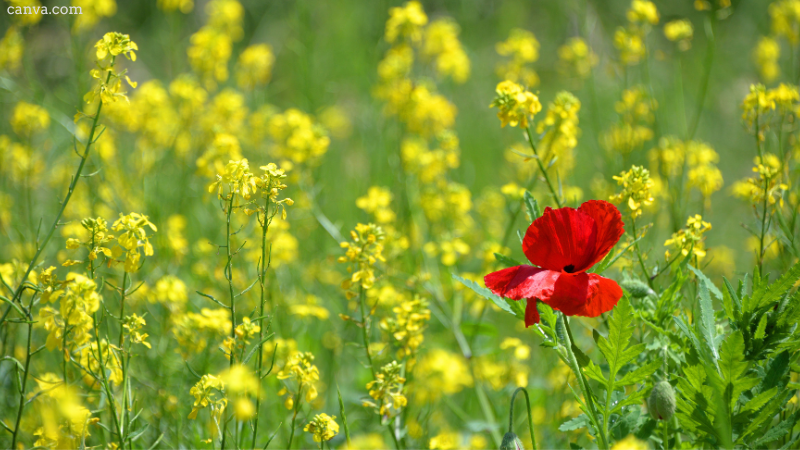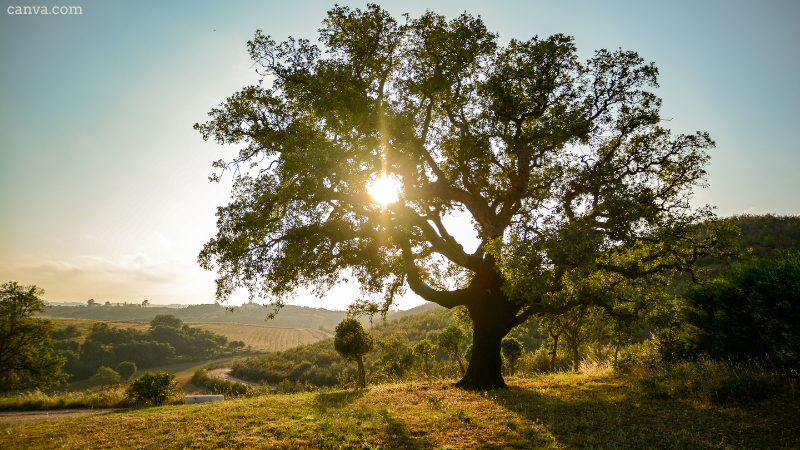In the wise words of American writer William Arthur Ward, a pessimist complains about the wind; an optimist expects it to change; a realist adjusts the sails – and ARC2024 plans to stay on course with compassion for people and nature in this new year.
What might the coming year bring? It looks like rough waters lie ahead, which means reefing sails and riding high into the wind – but, of course, there will also be sunnier patches to enjoy along the way. ARC’s Hannes Lorenzen sets out what he sees in store for 2024.
Compassion
We live in times of fierce polarisation, unrest and war, within and around Europe. Civil populations suffer unbearable atrocities. Our compassion is with the many victims and displaced.
It will require more creativity than ever to reveal the good in humanity, but we must also respond to rising fears and increasing resignation. Complaining does not help; only compassion and action can bring a change in the winds.
People and nature suffer from a spirit of oppression and dominance. Ongoing geopolitical conflicts correspond with the agro-industrial approach towards plants and animals in our fields and stables.
We will try to put ourselves into the shoes of the living world and enhance more peaceful and supportive relationships. Our farming and food systems, as well as our action as an organisation, will be carried by cooperation and mutual support. At the same time, we will be outspoken against destructive policies and action, and get closer to where change can really happen.
Power to the local and the small (but mighty)
We are amazed to see the growing critical mass of people organising themselves in small initiatives and projects at the local level, many encouraging examples of which we covered in our book “Rural Europe takes Action”. This was further built upon in Plessé, France in 2022, and again at the gathering in Marburg, Germany in November 2023 where we found many more fiery activists for sustainable food systems, including new partners co-organising the event as the Kollektiv von Morgen and the small farmers organisation AbL.
It was from these exchanges that a Common Action Plan to establish local food systems from the local to the European level was drawn up. This sets out a clear demand for support from governments and institutions to preserve and enhance the critical infrastructure that small farmers and enterprises need to nurture the ties between rural and urban people, including small farmers, entrepreneurs and municipalities.

Kicking Europe into gear
We will keep kicking Europe for system change. The Union has lost its proclivity for peace and coherence in favour of giving in to pressures for re-nationalisation and external defence. Too much was promised, too little was done… The EU Green Deal turned out to be an empty promise. The reform of the Common Agricultural Policy (CAP) was neither green nor fair. Nature restoration law was emptied by Council and Parliament, while neither the reduction of pesticides nor the end of glyphosate have materialised. The agro-chemical complex enjoys a tailwind by the Commission and the Parliament to push new GMOs into our fields. All the while, integrated rural development got stuck in endless consultations and visioning exercises.
With ongoing inaction on climate change, biodiversity loss and food policy, combined with the looming EU elections, we are here to kick and move, revealing failed policies and the permeability of national parliaments and European institutions to the lobbying of the agro-industrial complex.
Our key role remains to comment, analyse and reveal what happens in order to advocate for deep system change. We want farming, food and rural livelihood to sustain people, landscapes, public health, biodiversity and global climate.
EU enlargement and CAP
For the future of farming and food in Europe, enlargement needs to be honestly addressed. The West Balkan countries have been kept waiting for more than 15 years. The European Commission keeps promising fast track accession for Ukraine, Moldova and Georgia, but there is no serious analysis or suggestions for what that would mean for the future CAP reform, which is planned for 2027.
The elephant in the room is Ukraine. Without deep strategic and policy change, CAP subsidies will evaporate with the membership of such a global agricultural powerhouse.
Meanwhile, tensions in eastern border member states like Poland, Hungary and Slovakia show no signs of abating, with sustained opposition to cheap imports of Ukrainian agrifood products that have put their farmers at a competitive disadvantage.
Without a CAP that puts eco-ecological, climate and critical rural and local infrastructure at the heart of future farming and food policy, the market power of oligarch-run agro-industrial conglomerates in Ukraine would simply wave off the great majority of EU farmers and rural enterprises.
Ukraine and the West Balkan countries have potential to be part of that policy transformation. The EU must do its job of setting the direction of travel.

Getting ready for a roll-back
We are neither optimists nor realists. We have reason to fear that the far right might be marching into the European Parliament and that the established conservative and liberal parties are not prepared to stand in their way.
A major roll back is expected on all levels of the policies which we are covering. The negative trend to sail with the whims of the agro-industrial complex has grown in past years, even with current majorities in Parliament and Council.
We will need to prepare and adjust the course of the ARC to rough political weather conditions. Military and trade conflicts will be here to stay and possibly increase. Even with many setbacks and limited success, we have been shaping agri-food-environmental-rural policies over decades.
We might this year find ourselves in an increasingly defensive position. The pandemic, the wars, climate crisis, populism, right wing growth – all have given in to fears and frustration. It is imperative to defend what is good and promote what is better. To do this, we need to create our majorities for the necessary change with new coalitions to be shaped within and outside the European institutions.
Running Rural
Just as the CAP did not change in the past legislative period, rural policy also stagnated, despite investing a lot of voluntary work and time into consultations and proposals for an integrated rural resilience policy. We have been feeding the European Commission with ideas and even with legislative proposals like the “unwritten regulation” which was published in our book “rural Europe takes action”.
But the Commission got stuck in long term visions and do it yourself pacts which have not led to the necessary policy change. These consultations without ambition suck people’s energy instead of turning to action. We need transformation into an economically and socially resilient rural infrastructure.
Moving movements
Just as the classical left to liberal parties are struggling with increasing right-wing populism and polarisation, Europe is also quickly losing cohesion in our societies.
Although elections in Poland and Spain have shown glimmers of democratic hope, the tendency to return to ‘us against them’ nationalism continues to grow. Civic movements for peace, environment, climate and many other fields of concern have lost their vibrancy and impact on politics.
Meanwhile, a lack of continuity means movements get lost in short term action and are not powerful enough to bother business as usual. For instance, overarching coalitions like “Wir haben es satt” in Germany, including farmers and environmental to animal welfare movements, seems to have lost momentum.
We are instead back to a trade union style of defence of vested interests. Our strength is to bring the energy and creativity of local initiatives and projects to the European level, to enhance exchange of good practice and to offer moments which show how Europe can be present on the local level.

Overshoot
Germany has just seen some of the most powerful mobilisations of farmers against the socialist-green-liberal government, following suggestions to cut subsidies for diesel used by farmers. It was the last straw of frustration over poor farming policies that broke the camel’s back.
The problem is that even supposedly progressive governments have convinced people that green growth and technical fixes will allow them to live with business as usual. Discourse keeps focusing on reducing CO2 and expanding renewables, while no party dares to mention the economy of sufficiency and reduction.
This is also true for farming, food and rural development. Every year Europe reaches its overshoot moment – its climatic and environmental footprint –earlier. The 2023 global overshoot day was 2 August, while the European one was in May. Extreme weather, droughts, flooding and fires are here to stay and we need to show how better farming practices can increase resilience and prevent further loss of fertility and biodiversity.
Concentric rings of change
Yes, we are in rough weather. We are in a world of war and deep crises. But we are also in a world of people organising themselves in solidarity with farming, local food systems, organic, regenerative and permaculture farming, urban gardening and many more encouraging projects.
If the wing of a butterfly may change the course of the world, we may also create concentric rings around us, eventually building into waves across Europe which push away old habits and fears and pull people into a calmer, more compassionate way of making change.





